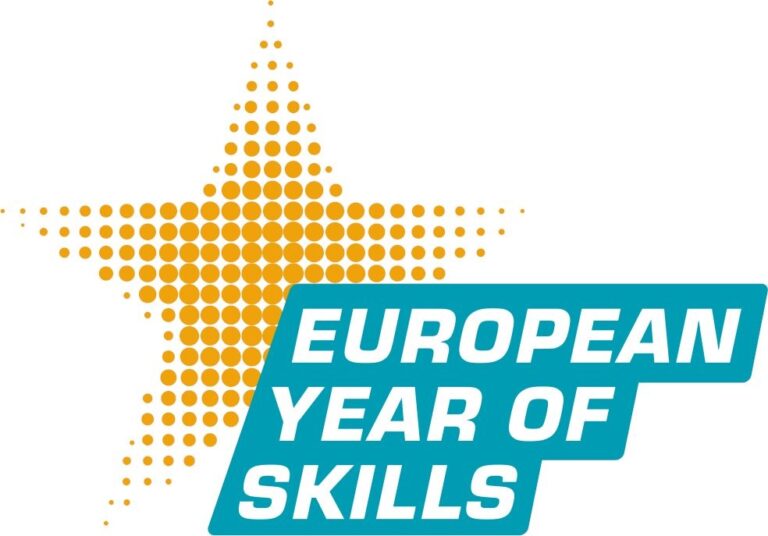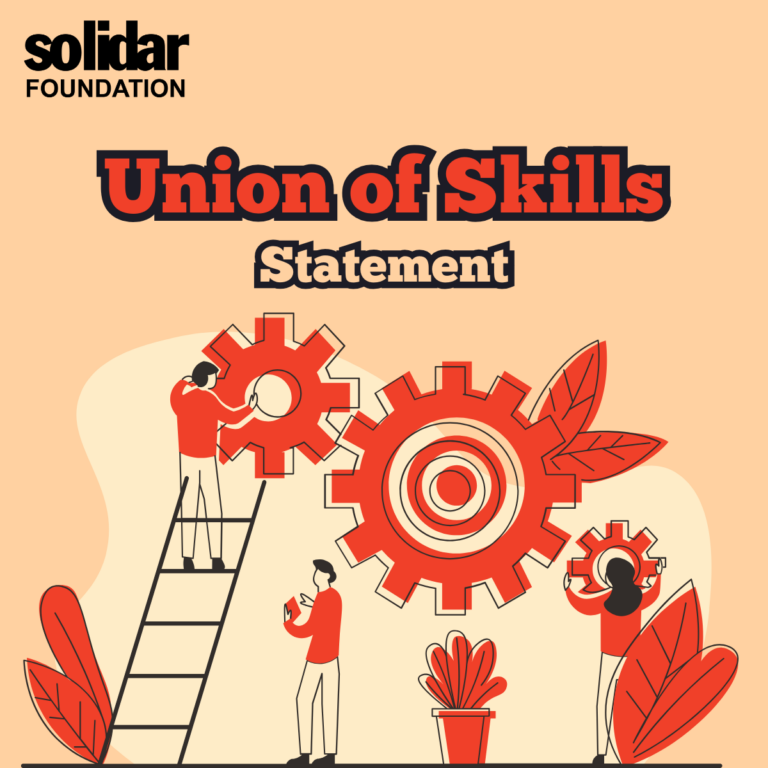SOLIDAR Foundation Statement on the Action Plan on Basic Skills

On 5 March 2025, the European Commission launched the Communication on the Action Plan on Basic Skills which constitutes one of the Union of Skills’ key initiatives and complements the STEM Education Strategic Plan. The Action Plan aims to address the declining levels in basic skills among both pupils and adult learners, as well as the recommendations in the Draghi and Letta reports which highlight the importance of prioritising basic skills across all educational levels and generations.
SOLIDAR Foundation applauds the Commission’s efforts in tackling the alarming decline in basic skills development and commits to supporting the roll-out of the plan. We commend the emphasis on the importance of basic skills for key competences for lifelong learning, and for its role in improving learners’ wellbeing, including learners from disadvantaged backgrounds.
We welcome the broadening of the basic skills set, which now goes beyond traditional literacy, numeracy, and science skills to include essential digital and citizenship skills. SOLIDAR Foundation stresses the importance of accessible and inclusive Global Citizenship Education and digital citizenship education for learners of all ages empowering individuals to critically navigate society and technology and respond to the complex, interconnected challenges of our rapidly evolving world. As outlined in our statement on the Union of Skills, we strongly support the Lifelong Learning Platform’s call for establishing an EU competence in citizenship education. This would address the goals set forth by the Conference on the Future of Europe and play a crucial role in advancing EU values such as democracy, social inclusion, and human rights within the EU’s lifelong learning initiatives.
SOLIDAR Foundation underlines the need to keep involving CSOs and NFIL providers in the roll out of the plan. As the Action Plan rightly points out, enabling supportive environments is key in basic skills development and the learning that takes place in wider community i.e. informal and non-formal learning environments is crucial in this endeavour. In the case of acquiring citizenship skills, research showed that non-formal and informal learning (NFIL) remain the stronghold of (Global) Citizenship Education provision, filling the gaps concerning Global Citizenship Education provision for all, and in particular for systematically marginalised groups. In addition, Civil Society Organisations (CSOs) play a fundamental role in bringing ‘the voices from below’ i.e. contributions from grassroots organisations into the political arena, and in so doing they can contribute to shape enabling supportive environments that are inclusive for all learners.




